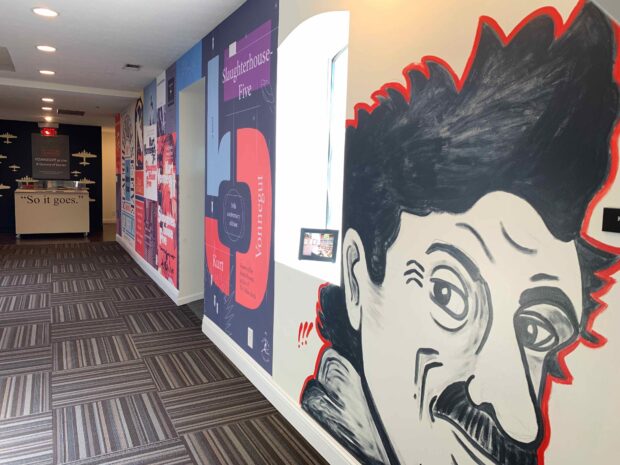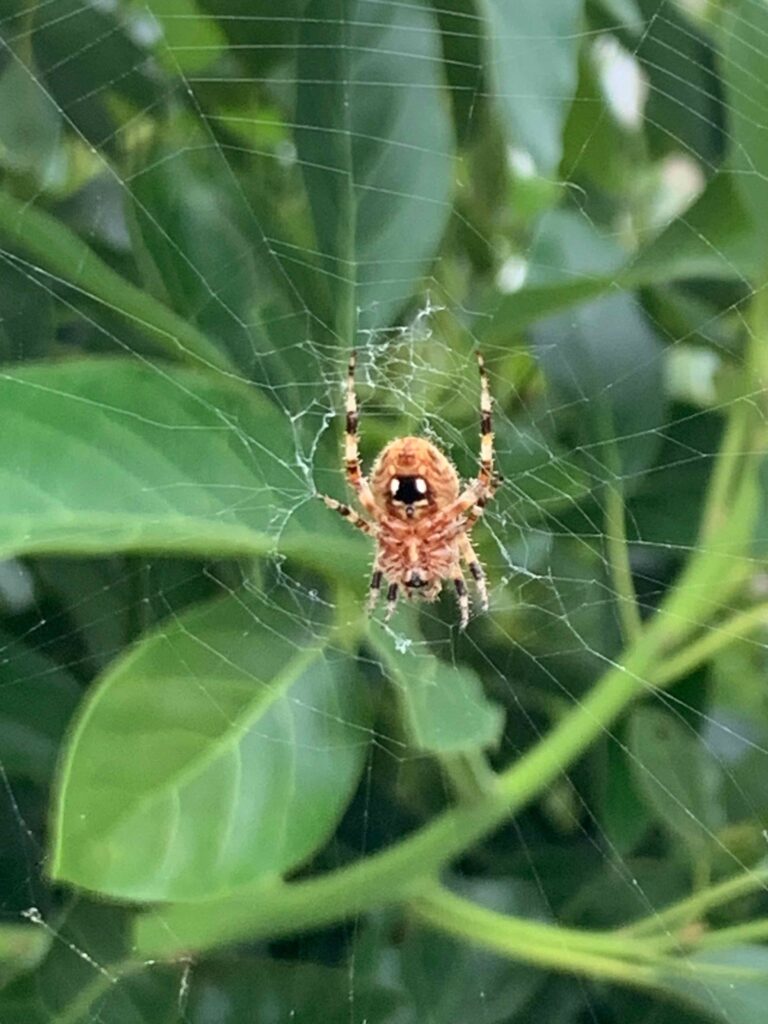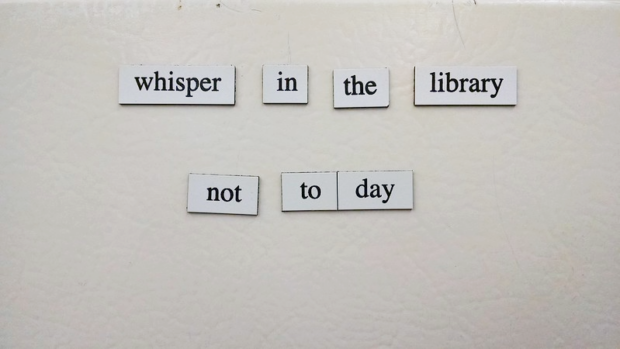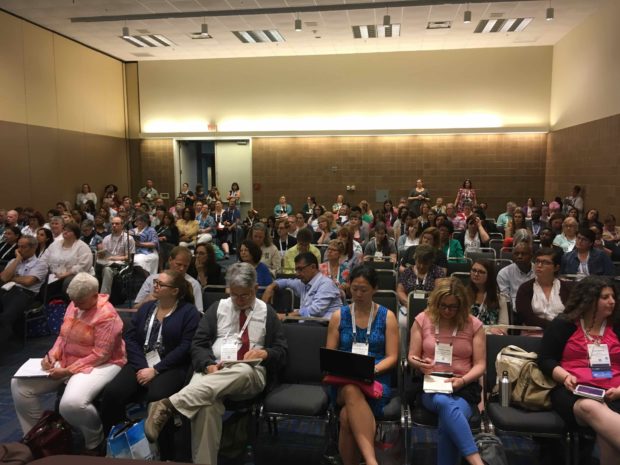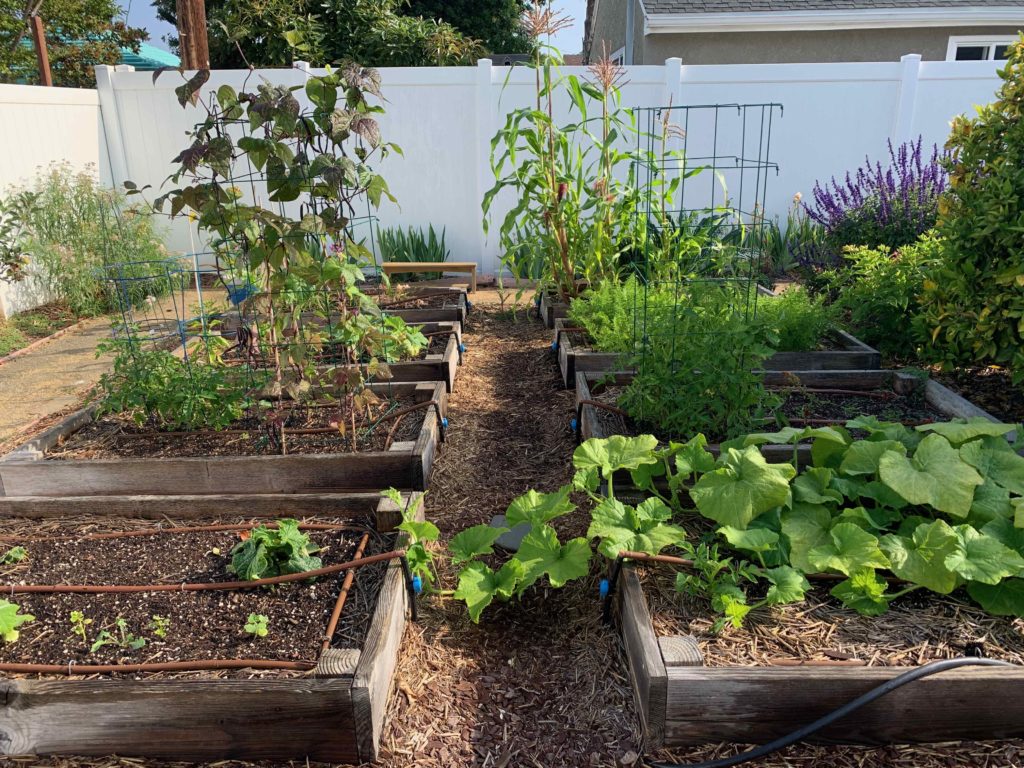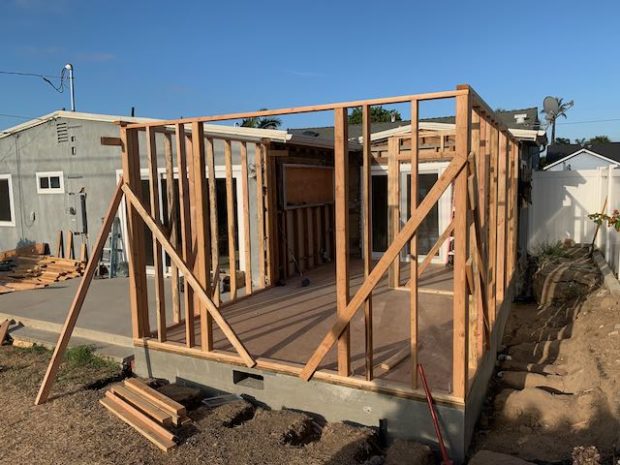It’s a common misconception that word of mouth is “organic”: that it just happens; but this belief negates the agency required for word of mouth (WOM) to be successful. WOM requires antecedents: specifically, customer commitment, trust, and customer satisfaction, according to one meta-analysis of 60 years of WOM research (Lang and Hyde 2013). These positive traits need to exist prior to WOM marketing efforts, which can be either direct or indirect and produce both positive and negative affective, cognitive, and behavioral effects on customers.
It is the role of the outreach librarian to play three leadership roles vis-a-vis WOM marketing: building the foundation; indirectly managing WOM; and directly managing WOM.
Building the foundation requires working with all units within the library to ensure high-quality service, collections, and programs, and then aligning external messaging with that expectation of quality. Indirect WOM management involves much of the usual promotional work that raises awareness of the library (e.g., videos, blog posts, and testimonials), but also includes work that encourages student-staff relationships (e.g., student engagement activities, meet-and-greet events, student advisory boards). Direct WOM management involves far more targeted work, including paid testimonials, viral marketing, rewards for sharing library content, and student ambassador programs.
I would hazard to guess that outreach librarians spend most of their time on indirect WOM management, not enough time on building the foundation, and almost no time on direct WOM management (the latter for lack of funds no doubt).
We are at a distinct advantage being on a college campus. While colleges are not completely closed information systems (cf. Chatman’s seminal work on information sharing in prisons), messages can get trapped within the system even when the nodes (i.e. students) swap out every four years. Like any pseudo-insular organization, ideas that develop on campus can linger long after their initial spark. This is word of mouth. Moreover, we have a captive audience. So while our ideas have to compete with many other units on campus, we are somewhat shielded by the marketing influences of the off-campus world.
So when something spreads “word of mouth” on a campus, don’t be too quick to attribute it to the innate qualities of the message or the nature of the service, collection, or program you’re promoting. Instead, consider the foundation that has already been established and how you might continue to actively maintain that foundation into the future. This is the work of the outreach librarian.
References
Chatman, E. A. (1999). A theory of life in the round. Journal of the American Society for information Science, 50(3), 207-217.
Lang, B., & Hyde, K. F. (2013). Word of mouth: what we know and what we have yet to learn. Journal of Consumer Satisfaction, Dissatisfaction and Complaining Behavior, 26, 1-18.
image credit: Charles Hackley Agency on Flickr, cc-by 2.0
